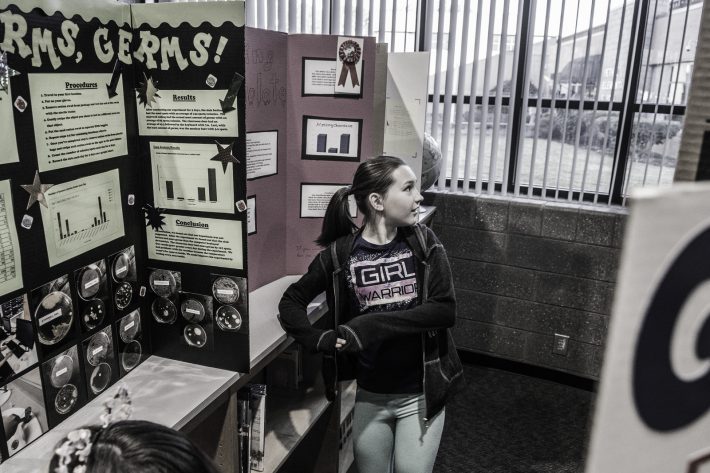People throughout the centuries have begged their gods for healing. We see the religious praying for healing. We see the faith healers preying upon their vulnerabilities. We hear of miracles like reversed blindness and re-growing toes.
We hear about this, but we don’t see the evidence. The toe woman won’t show any images of her toes. While it was supposedly happening, apparently no one videoed it or photographed it. People have written about it, and there’s even a website called showmethetoes.com.
Crickets. Not a word.
And then science comes along and simply does what no god has ever done. It gives voice to someone who can’t speak.
It makes the paralyzed able to walk.
Why is science superior to prayer? Because it works. Pure and simple.










